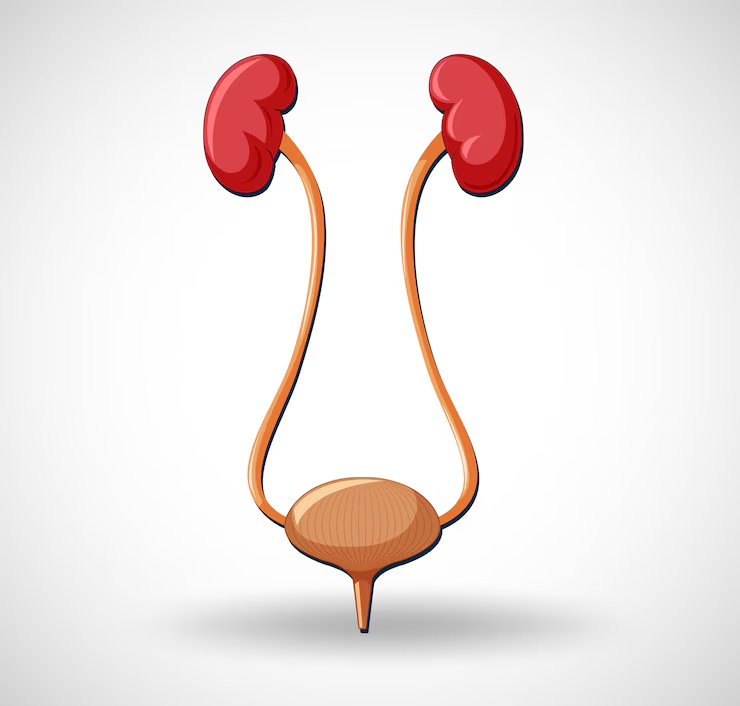Welcome to the exciting world of kidneys! These remarkable organs play a vital role in maintaining our bodies’ health and proper functioning. In this quiz, you will learn all about the kidneys, from how they work to the critical job they have in filtering waste and regulating blood pressure.
Get ready to dive into the fascinating world of kidney function and anatomy. You’ll discover the incredible abilities of these bean-shaped organs and learn how they contribute to maintaining our overall well-being. So, let’s test your knowledge and see how much you know about the amazing kidneys!
Play Kidneys Quiz
How do the kidneys help regulate blood sugar levels in the body
By converting sugar into energy
By controlling the amount of salt in the blood
By filtering and reabsorbing glucose
By producing insulin
Instructions
- This quiz is multiple choice.
- Read each question carefully before selecting an answer.
- Choose the best answer for each question.
- You will see the missed questions with correct answers at the end of the quiz.
- Quick Facts
- Downloads
- Study Tips
Quick Facts
- Your kidneys are bean-shaped organs located on either side of your spine, just below your rib cage.
- The primary function of your kidneys is to filter waste and excess fluids from your blood to create urine.
- Each kidney contains around a million tiny filters called nephrons that help in the filtration process.
- Kidneys also play a crucial role in regulating blood pressure, producing red blood cells, and maintaining electrolyte balance.
- Dehydration can put a strain on your kidneys, so it’s essential to drink plenty of water to keep them healthy.
- Chronic conditions like diabetes and high blood pressure can damage your kidneys over time, leading to kidney disease.
- Kidney stones are hard deposits that can form in your kidneys when there is too much waste and not enough liquid to flush it out.
- Eating a balanced diet low in salt and high in fruits and vegetables can help prevent kidney problems.
- Regular exercise can help improve kidney function by controlling blood pressure and reducing the risk of kidney disease.
- If you experience symptoms such as frequent urination, blood in the urine, or swelling in the legs, it’s essential to see a doctor to check your kidney health.
